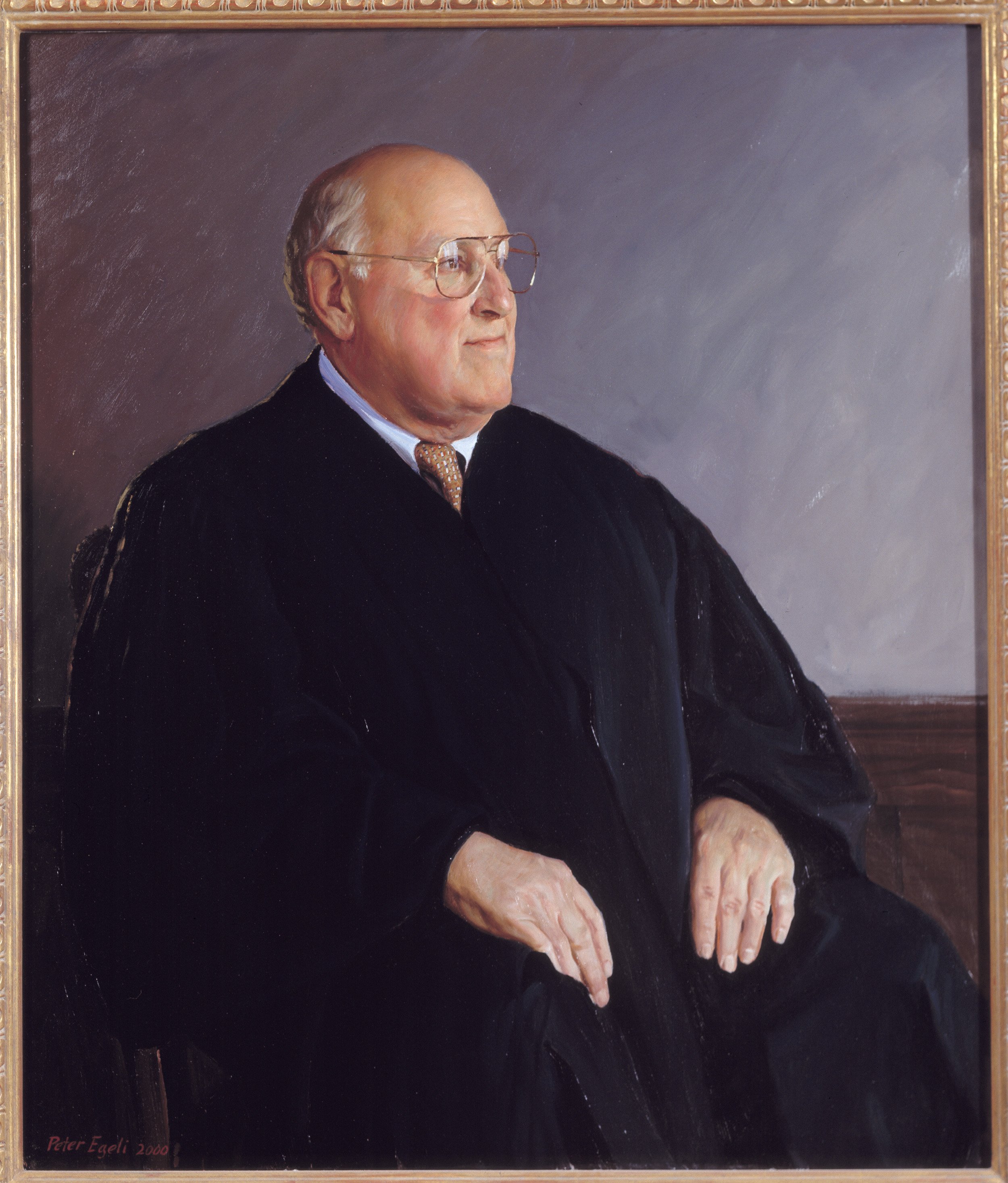Ralph K. Winter, William K. Townsend Professor of Law Emeritus, 1962-82, and Adjunct Professor of Law, 1982-2014
Ralph K. Winter
REFERENCES:
Frank H. Easterbrook, “The Race for the Bottom in Corporate Governance,” Inaugural Ralph K. Winter Lecture, Yale Law School (Dec. 5, 2005).
Roberta Romano, In Memoriam (May 9, 2022).
Yale Law School Mourns the Death of Judge Ralph K. Winter ’60, Yale Law School News (December 8, 2020)
For other reflections on Judge Winter and his career, please visit his In Memoriam page.
Ralph Karl Winter, Jr. (1935-2020), an alumnus of both Yale College (1957) and the Law School (1960), joined the faculty following a clerkship with Justice Thurgood Marshall, then a Judge on the U.S. Court of Appeals for the Second Circuit. In 1982, Winter was appointed to that same court, served as Chief Judge from 1997-2000, and continued to teach at the Law School part-time through 2014.
Judge Winter’s pathbreaking 1977 article, “State Law, Shareholder Protection, and the Theory of the Corporation,” 6 J. Legal Stud. 251, changed the terms of debate about the decentralized system of U.S. corporate law. The article identified fundamental analytical flaws in the then conventional understanding of state law as a “race for the bottom” that facilitated managers’ exploitation of shareholders. Using economic analysis, Winter identified the many markets in which public corporations operate that would prevent managers from choosing the legal regime most harmful to shareholders because that would raise the cost of capital and thereby jeopardize managers’ career prospects. Judge Frank Easterbrook has called the article “the single most important contribution to the economic analysis of corporate law since Ronald Coase published ‘The Nature of the Firm’ in 1937.” Controversial when written, both for its analytical approach as well as its conclusion, the article’s analysis is mainstream today, although there is still disagreement among scholars concerning the quality of state law. In short, contemporary corporate law scholarship is unintelligible without referencing Winter’s contribution. In addition to his corporate law scholarship, Judge Winter made important contributions to labor law in his influential book with Harry Wellington, The Unions and the Cities (1972), and campaign finance law. Winter argued the foundational campaign finance law case, Buckley v. Valeo, 424 U.S. 1 (1976), representing the appellants (Senator James F. Buckley of New York, among others), in their challenge to the Federal Election Campaign Act of 1971. Still the leading case in the field, in Buckley v. Valeo, the Supreme Court struck down the statute’s limits on candidates’ own campaign expenditures as unconstitutional, while upholding limits on individuals’ campaign contributions.
Judge Winter received the 2017 Edward J. Devitt Distinguished Service to Justice Award, which honors an Article III judge who has achieved a distinguished career and made significant contributions to the administration of justice, the advancement of the rule of law, and the improvement of society as a whole. Recipients are chosen by a committee of federal judges consisting of a Supreme Court Justice, appellate court judge, and a district court judge.
A lectureship on corporate law and corporate governance was established in his honor at the Law School in 2002, a prize for the best student paper in law and economics in 2010, and a scholarship fund in 2013. He received the Center’s Simeon E. Baldwin Award for distinguished achievement in law and business in 2008. In 2018, he was the recipient of the inaugural Robert H. Bork award from the Yale Law School Federalist Society.
